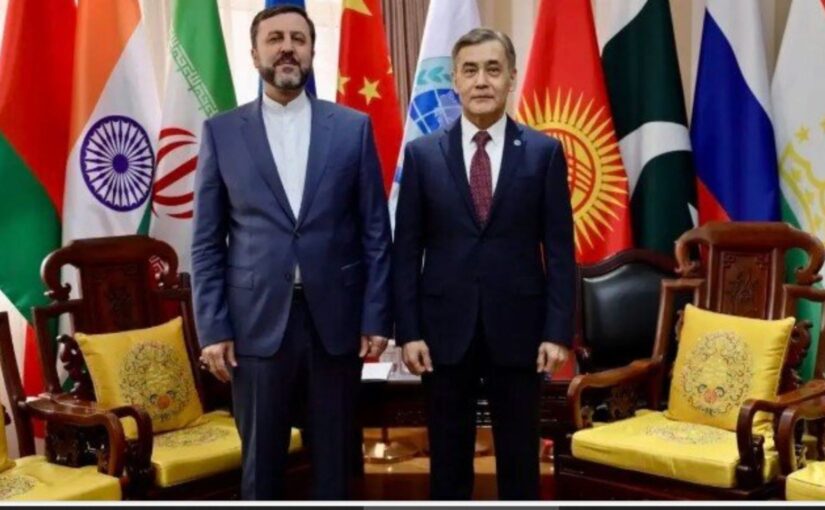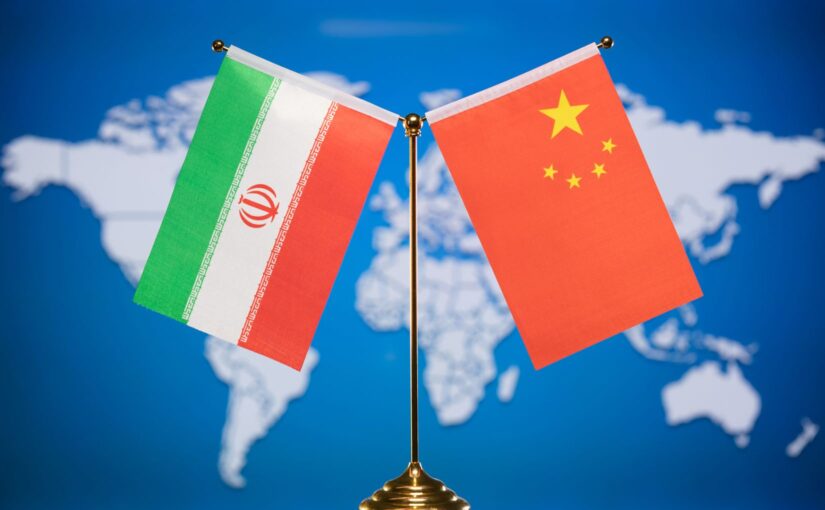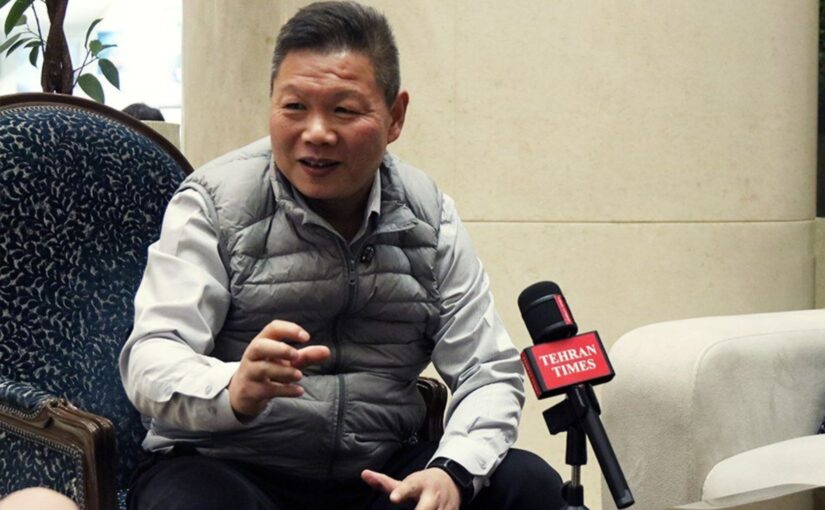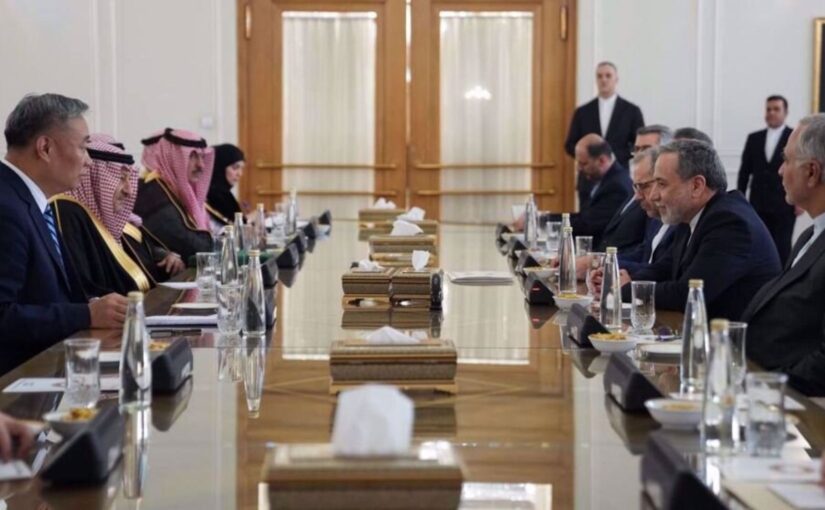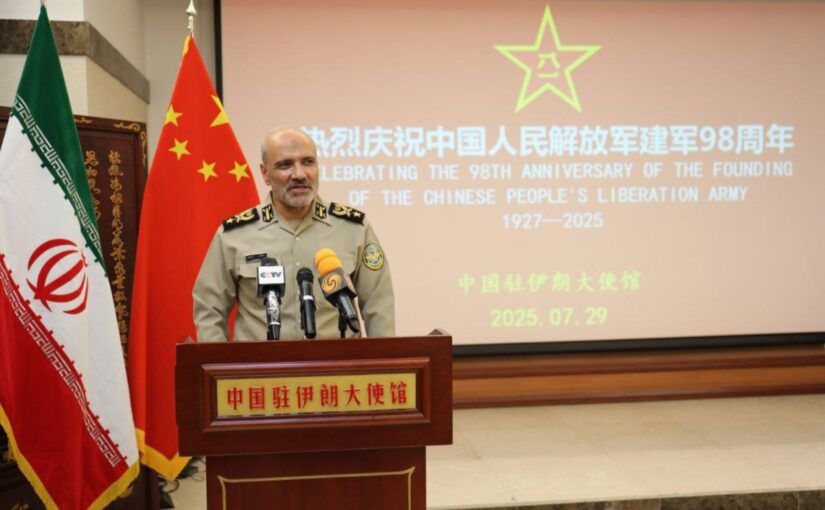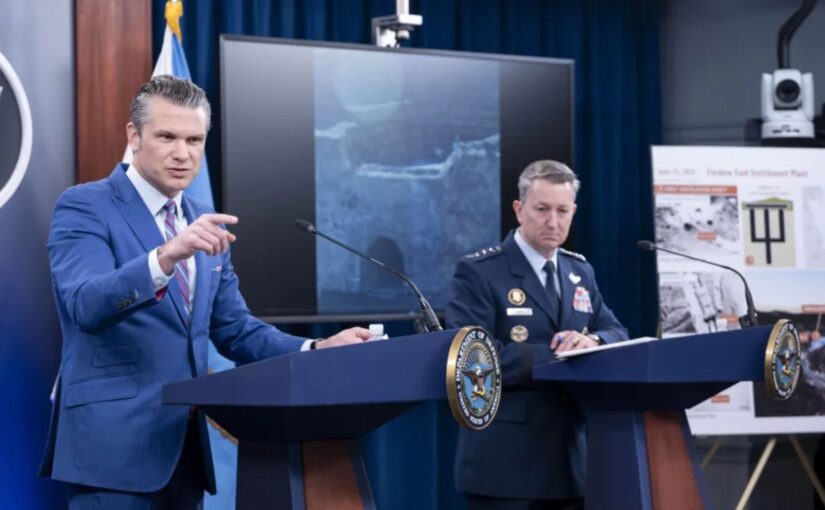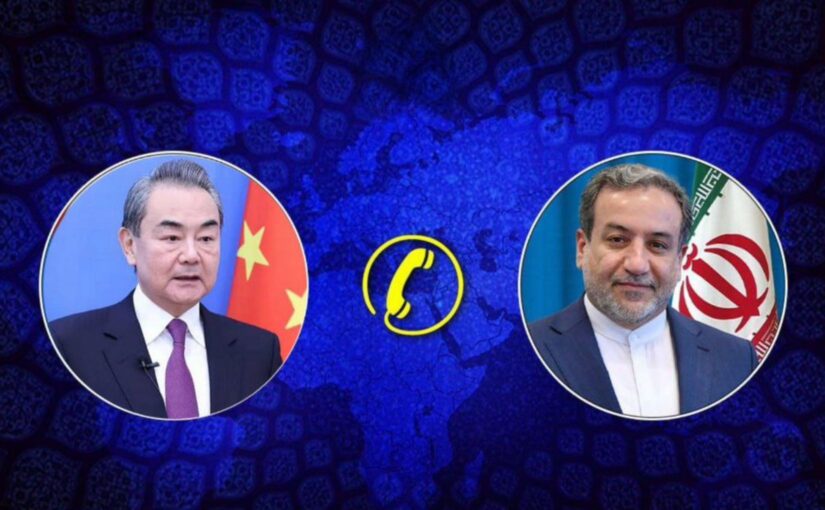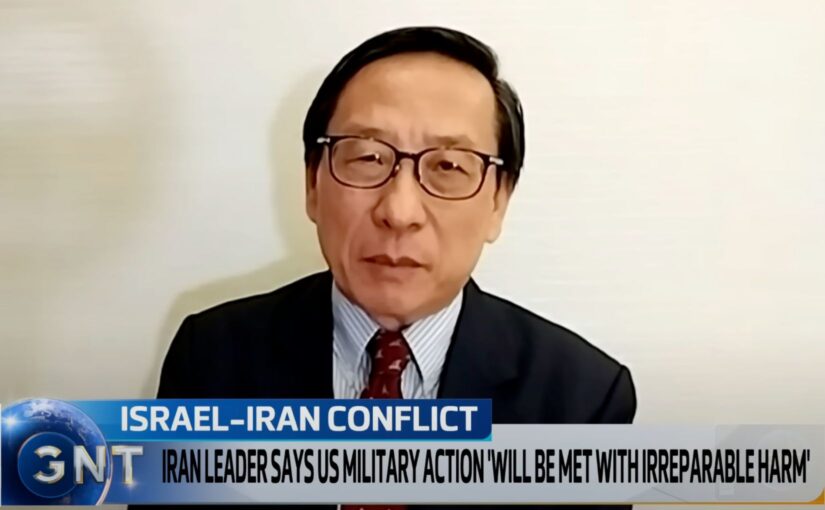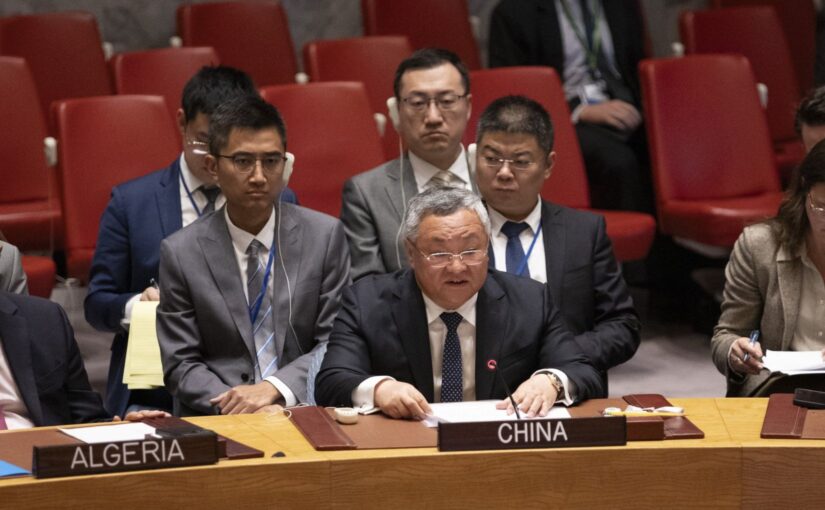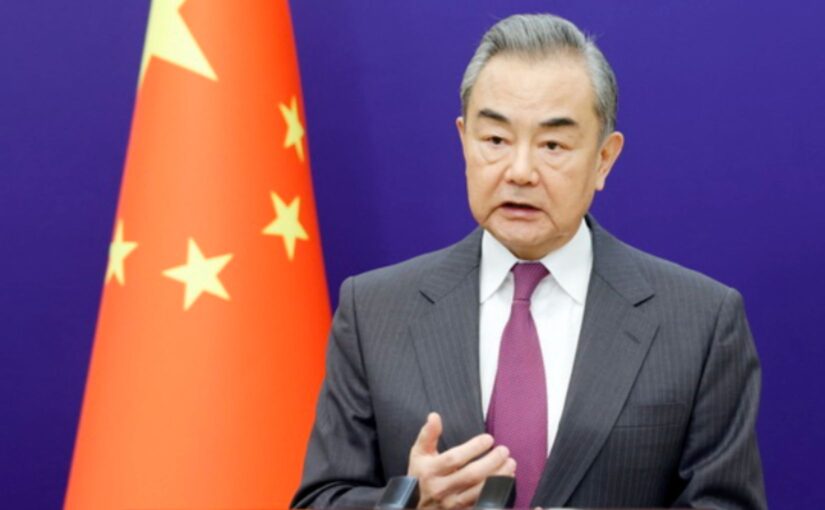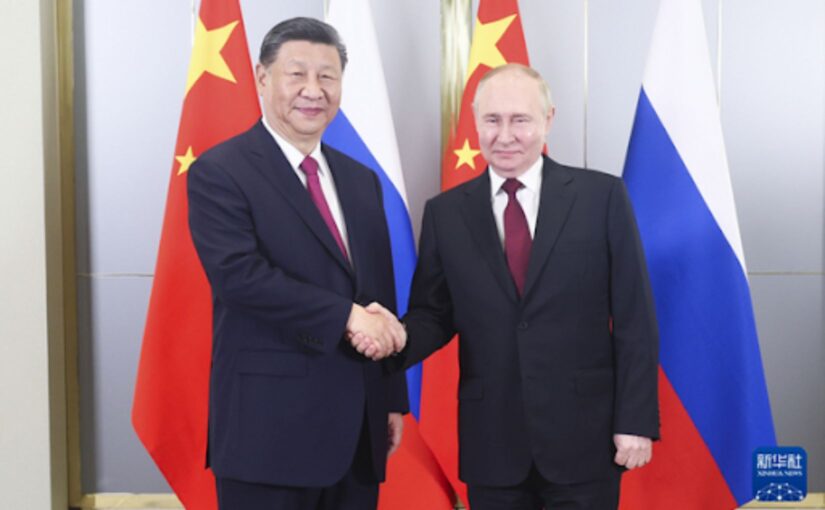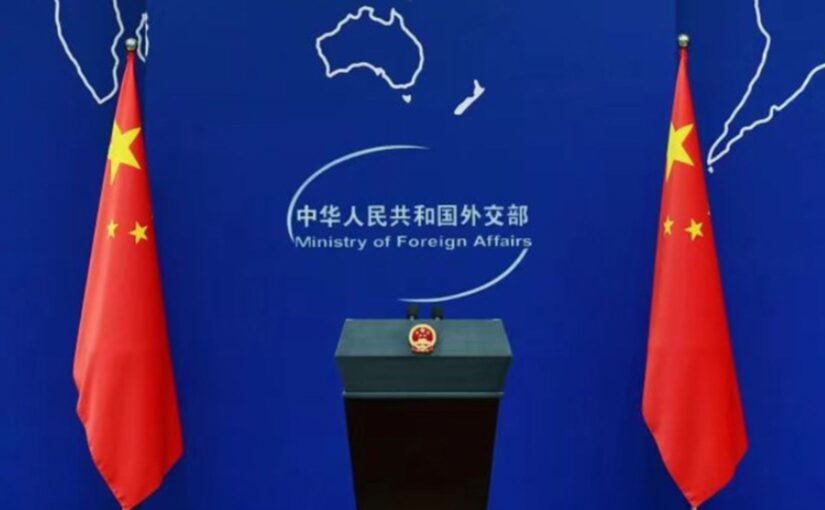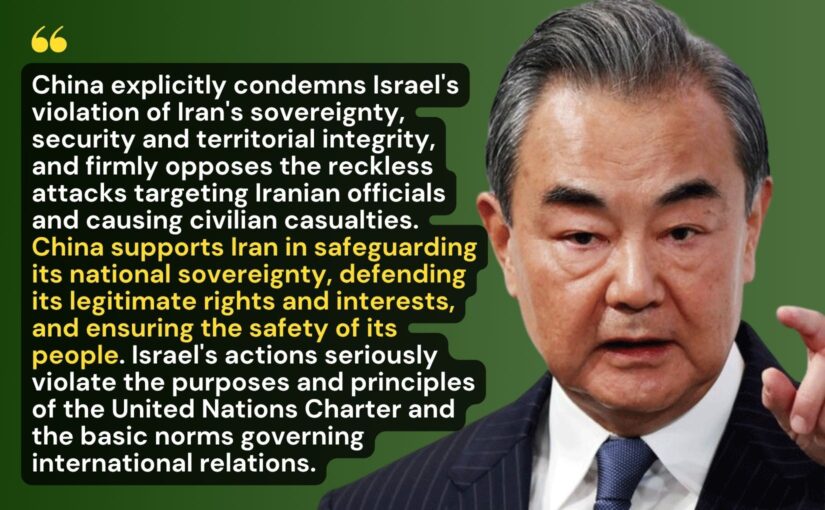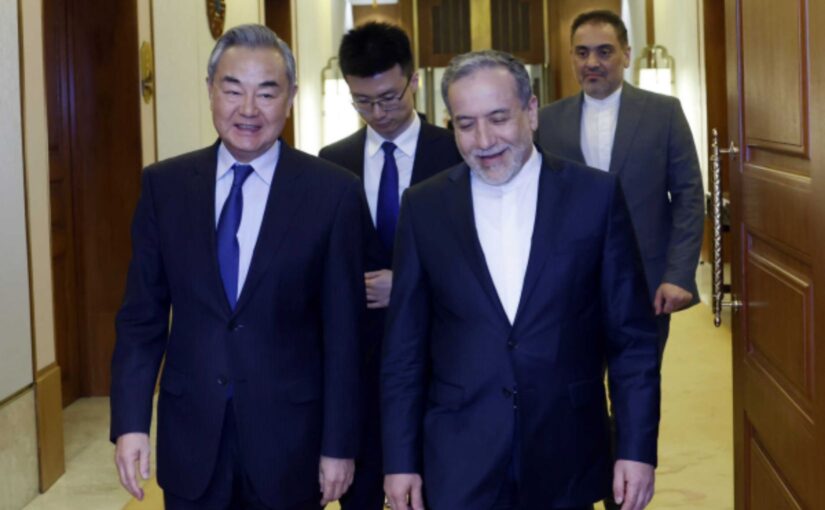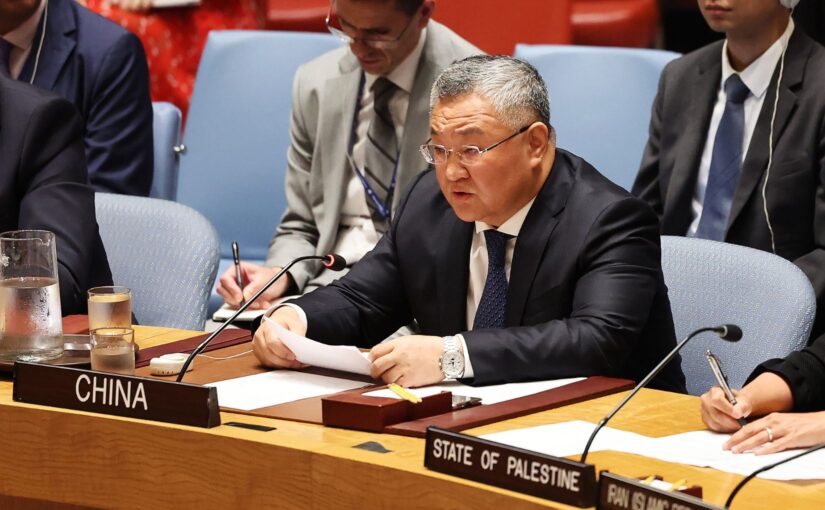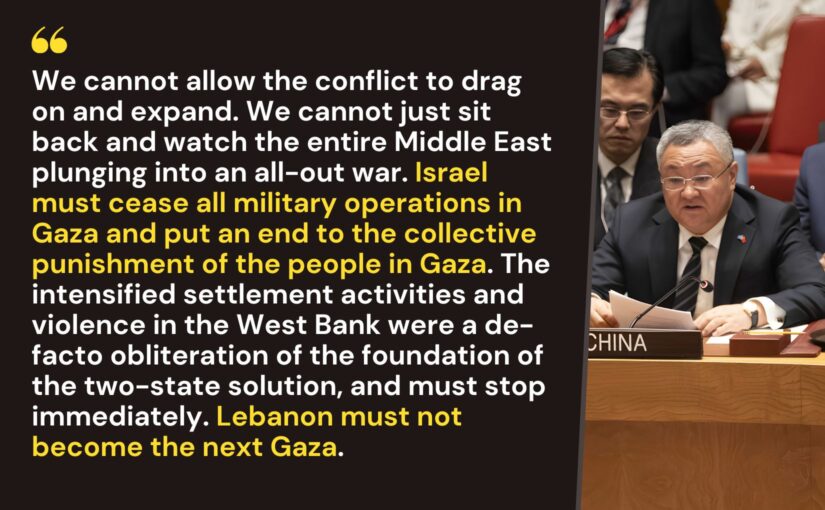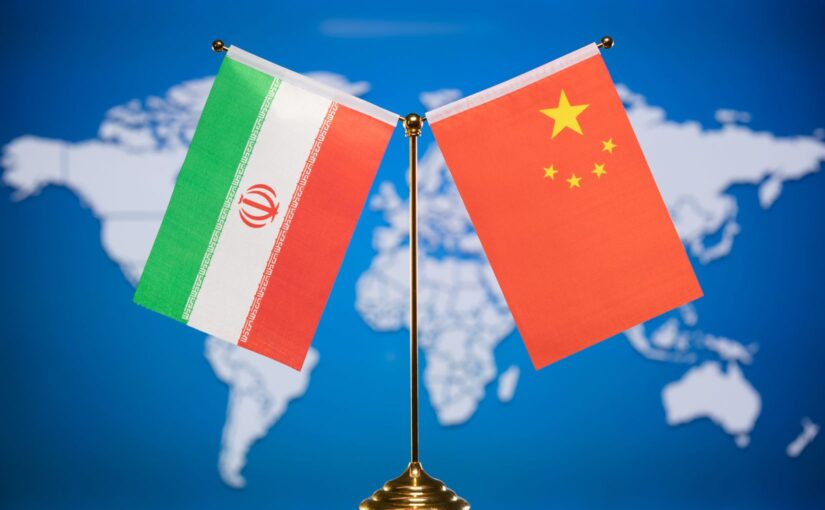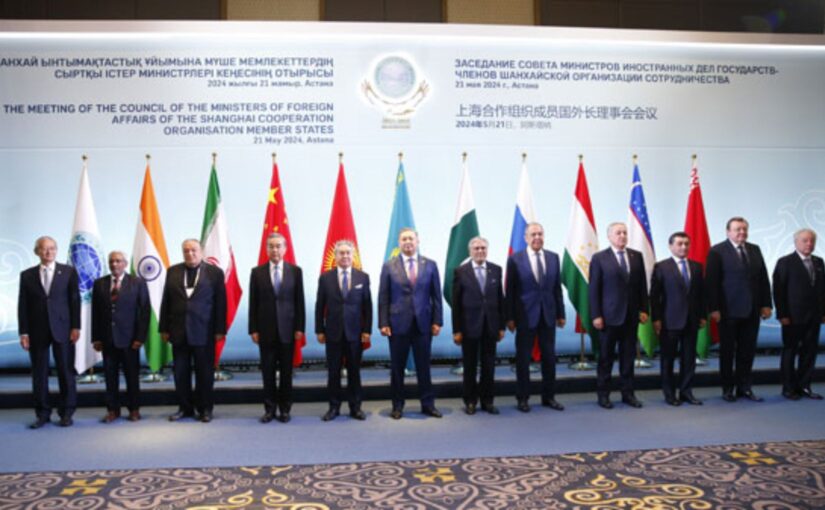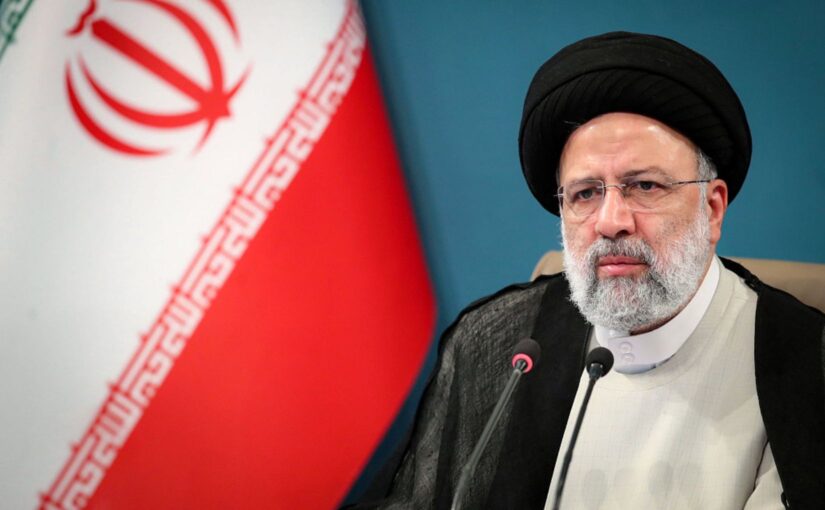A meeting of the Council of Foreign Ministers of the Shanghai Cooperation Organisation (SCO) was held in Astana, the capital city of Kazakhstan, on May 20-21.
The meeting was preparatory to the Astana SCO Summit, which is scheduled to be held on July 3-4.
Presiding over the meeting, Murat Nurtleu, Kazakh Deputy Prime Minister and Foreign Minister, welcomed participants and called for a moment of silence to honour Iranian President Ebrahim Raisi, Foreign Minister Hossein Amirabdollahian, and others who died in the helicopter crash on May 19.
The meeting agreed to enhance cooperation in ensuring regional security and combating terrorism, extremism, separatism, drug trafficking, and cybercrime, among other areas. A special focus was placed on the organisation’s growth, with Belarus expected to complete all necessary procedures for admission to full membership at the July summit.
Addressing the ministers, Kazakh President Kassym-Jomart Tokayev expressed his deep condolences to the people and leadership of Iran following the tragic death of President Ebrahim Raisi and Foreign Minister Amir-Abdollahian. He also acknowledged the participation of Iranian representatives despite their nation’s difficult time and welcomed Belarus to its first Foreign Ministers’ Council in Astana.
Amid global strategic uncertainty, Tokayev stressed the importance of an integrated approach that considers all parties’ interests and the constant search for compromises. He voiced his belief that the time has come to collectively promote the ideals and values of peaceful and harmonious development for the sake of all humanity.
Addressing the situation in Afghanistan, he stressed the need to prevent a humanitarian crisis and create conditions for long-term stabilisation. He reiterated the importance of Kazakhstan’s initiative to establish the United Nations’ Regional Centre for Sustainable Development Goals for Central Asia and Afghanistan in Almaty.
In his speech to the meeting, Chinese Foreign Minister Wang Yi said that SCO member countries have been important partners for China in high-level opening-up and high-quality development.
Valuing the SCO’s role, Wang said the Shanghai Spirit, which features mutual trust, mutual benefit, equality, consultation, respect for diverse civilisations and pursuit of common development, has become the fundamental principle of the SCO’s continuous growth and a banner for promoting new types of international relations.
He put forward four suggestions during the meeting: to maintain strategic autonomy and strengthen unity and cooperation; to share security responsibilities and lift cooperation to higher levels; to pursue inclusive and win-win cooperation and empower joint development; and to embrace openness and inclusiveness and deepen exchanges and mutual learning.
China is willing to work with SCO partners to actively advocate for a multipolar world with equality and order and inclusive economic globalisation, and to promote the building of a community with a shared future for humanity, he added.
In a meeting with the Kazakh President on May 20, Tokayev asked Wang to convey his sincere greetings to President Xi Jinping, noting that China’s international status continues to rise and its role in the world is increasingly significant. The country is making greater contributions to global peace and stability, and the international community is paying more attention to China’s voice. He looked forward to the Chinese President’s state visit in July.
He also highly evaluated Kazakh-Chinese relations within the framework of international organisations, including the United Nations (UN), Shanghai Cooperation Organisation (SCO), and the Conference on Interaction and Confidence Building Measures in Asia (CICA).
“Kazakhstan has been and remains a reliable partner of China. We are doing everything possible to implement the agreements that were reached earlier. We are working together and advancing our relationship into the future,” he added.
Wang responded that China would continue to firmly support Kazakhstan in safeguarding its independence, sovereignty and territorial integrity, support President Tokayev’s series of development strategies and important measures, and resolutely oppose any external forces interfering in Kazakhstan’s internal affairs.
During the country’s historical process of building a New Kazakhstan, China is willing to be a reliable and long-term partner, supporting the diversification of Kazakhstan’s economic development and promoting cooperation in emerging industries such as e-commerce, new energy and artificial intelligence.
The same day, Wang Yi met with Deputy Prime Minister and Minister of Foreign Affairs Murat Nurtleu, with the two men jointly meeting the press following their talks.
Wang said that, as Kazakhstan recently suffered from severe floods, China is willing to continue providing as much help as possible to assist in the reconstruction work.
He further noted that both sides spoke highly of the fruitful outcomes of their cooperation. According to Chinese statistics, bilateral trade reached 41 billion US dollars last year, achieving the target set by the two heads of state seven years ahead of schedule. To date, 26 out of the 45 capacity cooperation projects have been completed, in such sectors as mining and metals, energy resources, machinery manufacturing, building materials, chemicals and infrastructure construction. Cooperation in oil and gas and in nuclear energy is also accelerating.
Both sides praised the success of the China-Central Asia Summit in Xi’an, held in May 2023, which has ushered in a new phase of enhanced cooperation between China and Central Asia.
The Chinese side is eager to work alongside the Central Asian nations to strengthen and optimise the China-Central Asia cooperation mechanism, aiming to build a stable, prosperous, harmonious, and interconnected Central Asia, thereby injecting strong vitality into the building of a China-Central Asia community of shared future, Wang said.
Both sides will work to advance the Global Development Initiative, Global Security Initiative, and Global Civilisation Initiative, unequivocally oppose unilateralism and hegemonic behaviours, and promote the development of global governance towards a more just and reasonable direction.
Continue reading Shanghai Cooperation Organisation Foreign Ministers’ meeting promotes regional cooperation 